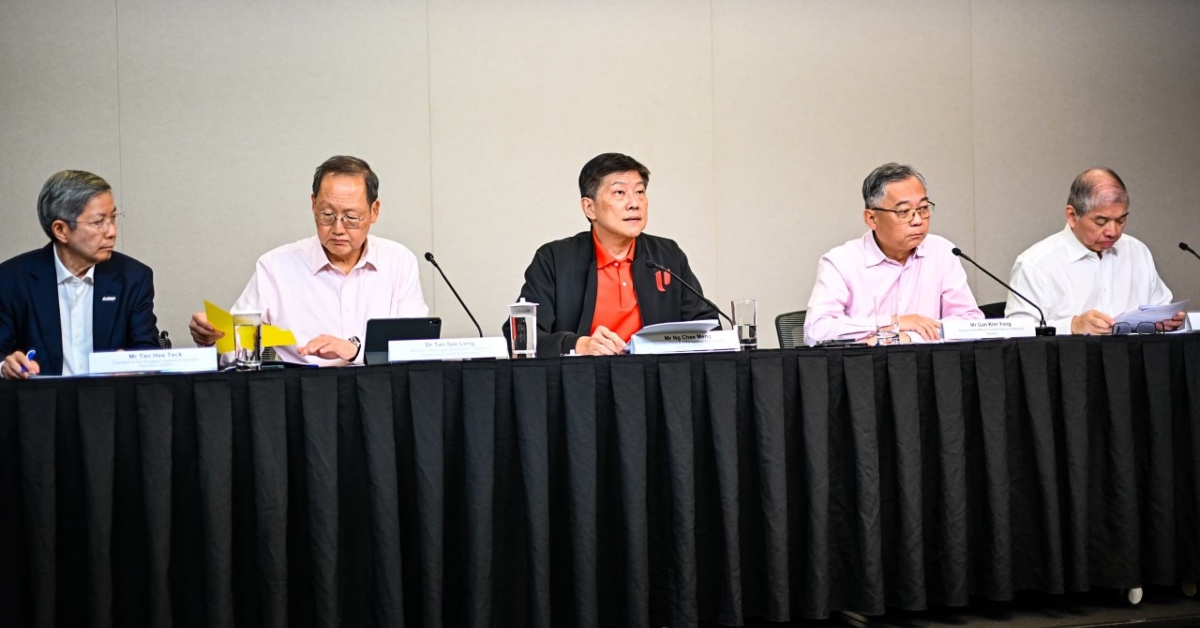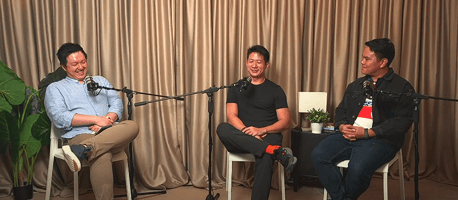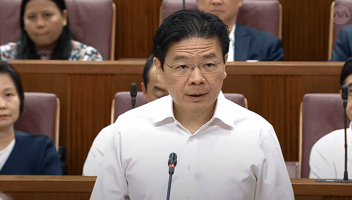Post-90 Day US Tariff Pause: Singapore Economic Taskforce Outlines Countermeasures (10 July 2025)
Following the expiration of the 90-day tariff pause by the US, Singapore’s economic task force has unveiled a comprehensive set of countermeasures to mitigate potential ripple effects on businesses and workers.
Spearheaded by the Singapore Economic Resilience Taskforce (SERT), these measures aim to strengthen local industries, support workforce adaptation, and address supply chain vulnerabilities.
We have an outline of the key initiatives and insights shared during the July 10, 2025, press conference.

Key Business Support Measures
Business Adaptation Grant
Launching by October 2025, this grant offers up to S$100,000 per firm with co-funding requirements. Support tiers favour SMEs:
-
Overseas-facing firms: Covers advisory services for FTAs, trade compliance, supply chain optimisation, and market diversification.
-
Manufacturers: Funds logistics adjustments, inventory expenses, and operational reconfiguration to reduce dependency on high-tariff markets.
- Co-Funding Required: Yes, with tiered support levels based on firm size.
- SMEs: Higher level of financial assistance.
- Larger firms: Smaller quantum of support.
Workforce & Employment Initiatives
Fresh graduate employment rates rose to 51.9% in June 2025 (up 4 percentage points year-on-year), reflecting improved labour market conditions. Key interventions include:
-
Public Sector Opportunities: 2,400 entry-level vacancies (e.g., engineers, software developers) listed on Careers@Gov, with an August 2025 career fair.
-
SkillsFuture Support: Assisted ~2,200 involuntarily unemployed citizens (April–June 2025), with applications now stabilising.
-
Enhanced career guidance via NTUC’s Employment and Employability Institute e2i and upskilling grants for HR professionals.

Employer Sentiment & Actions
A Singapore National Employers Federation (SNEF) survey reveals 70% of firms have already implemented adaptive strategies:
-
Team reorganisations
-
Selective hiring pauses
-
Prioritised upskilling/reskilling programmes
Employers also signal cautious optimism, with a growing trend toward wage increases.
Geopolitical Context & Regional Exposure
While Singapore has not received US tariff notifications—unlike eight ASEAN peers—supply chain risks persist. Regional disparities are stark (e.g., Laos/Myanmar face 40% tariffs). Major Singaporean investments, like Suzhou Industrial Park in China, remain exposed to ripple effects, necessitating supply chain diversification.
Leadership & Collaboration
The taskforce underscores a whole-of-nation approach, uniting key figures:
-
Tan See Leng (Manpower Minister)
-
Josephine Teo (Digital Development Minister)
-
Ng Chee Meng (NTUC Secretary-General)
-
Teo Siong Seng (SBF Chairman)
Moving Forward
SERT’s proactive grants, labour market stabilisers, and industry partnerships aim to transform tariff challenges into opportunities for economic resilience. As DPM Gan emphasised, Singapore’s agility remains its competitive edge.
Source: Singapore Economic Resilience Taskforce press conference (July 10)
Let us know what you think about this topic, and what do you want to hear next.
You can now be our community contributor and make a pitch to have your favourite personality be on our show.
Join our community group and drop us your insights on this topic.

-Jun-01-2025-06-24-42-9139-PM.png?width=50&name=Square%20(2)-Jun-01-2025-06-24-42-9139-PM.png)





-png.png?height=200&name=output%20(58)-png.png)


Let us know what you think of this post